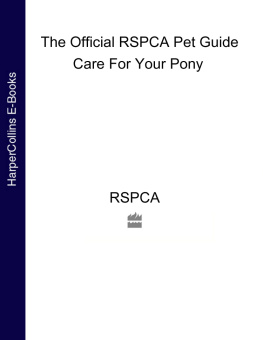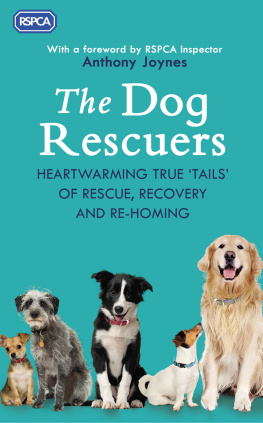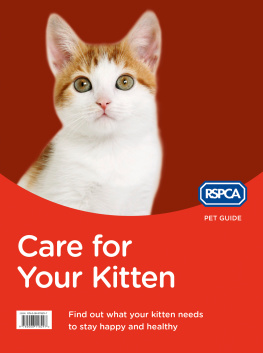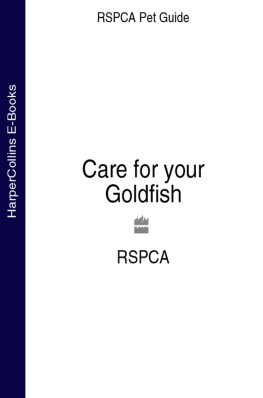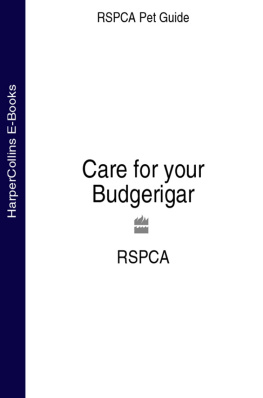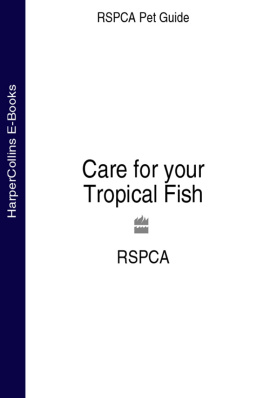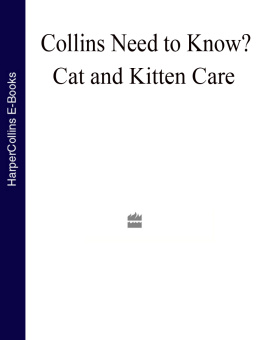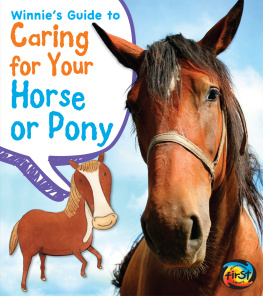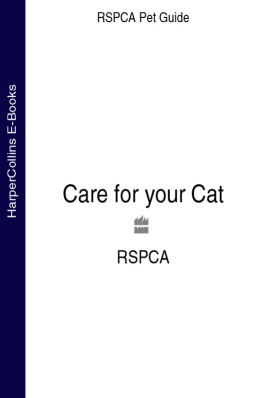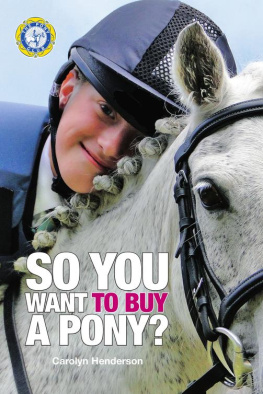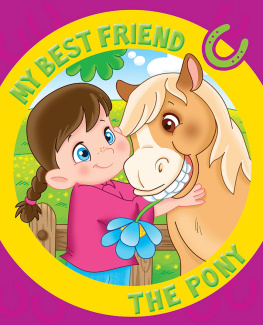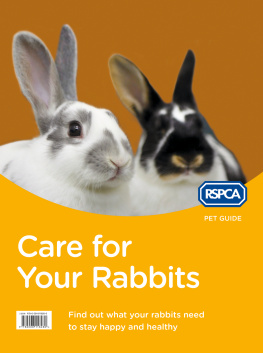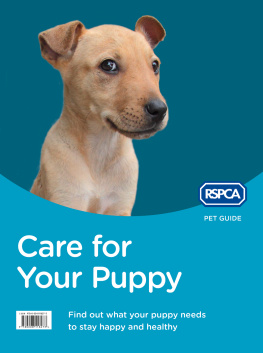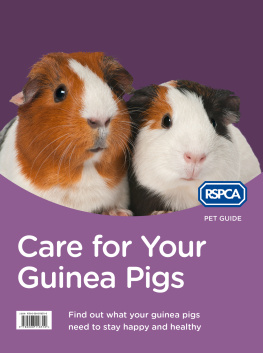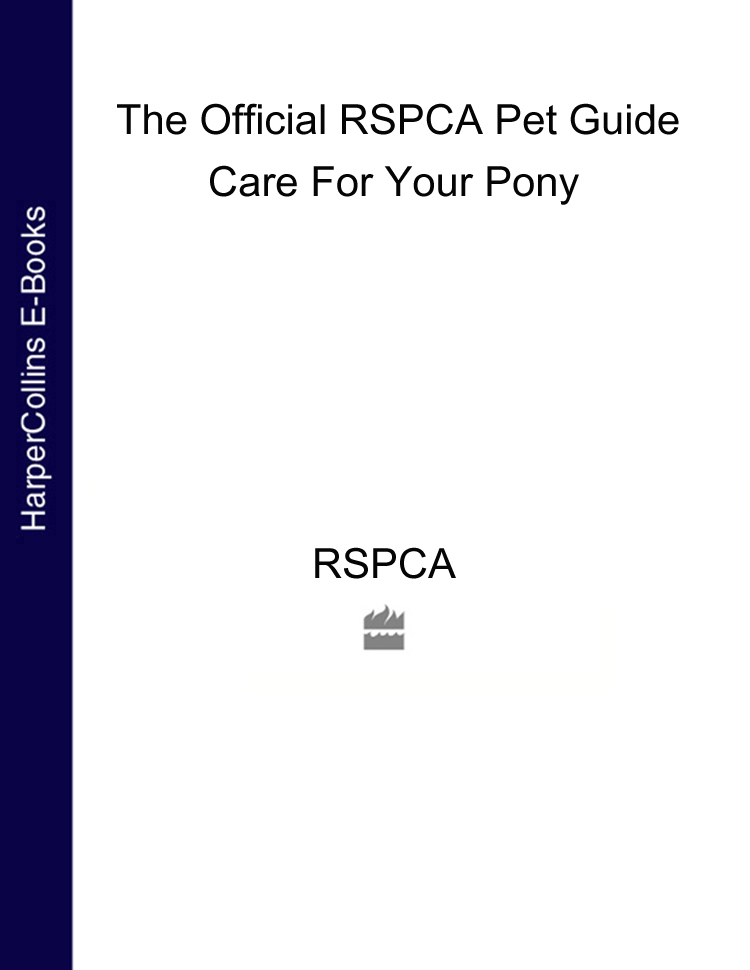CONTENTS
Owning and caring for a pony can be one of the most rewarding experiences in life. It teaches self-discipline and self-reliance and helps to develop a sense of responsibility in young people. In return for good care, a pony will provide years of pleasure and a wonderful way to get and stay fit.
But ponies can be extremely demanding animals in terms of time, land and money. There may seem nothing to match the fervour of a childs longing for his or her own pony, but if parents do not give the matter careful thought, or if they make a hasty purchase, then they may find out too late that they have created an impossible situation.
A pony must have daily attention at regular times not just when its owner finds it convenient. It must have a safe, well-fenced field or paddock, and field shelter if it is to live out all year. The field must be well-drained and preferably large enough to divide into two or three sections to allow for controlled grazing. If the pony is to be stabled during the winter, a loose box of adequate size must be provided, with plenty of bedding, changed daily. The cost of winter feed is another factor to be considered before taking on ownership of a pony, for even hardy ponies which live out all year need supplementary food from late autumn to early summer. There will also be regular blacksmiths and vets bills to be taken into account.
It may seem easy to a child to take on responsibility for his or her own pony, particularly if the child has learnt to ride at riding school, and perhaps enjoyed helping out there. But there is a world of difference between helping out occasionally, and having total control over the ponys daily routine. There is also a considerable difference between working (however hard) under knowledgeable guidance, and suddenly having to make all the decisions yourself.
If you decide it is impossible to buy your own pony, or to keep it at home, it is often feasible to arrange a half or quarter share with others, or to buy your pony and keep it at livery at a local stables. Many riding schools offer this facility and for the inexperienced owner this compromise ensures that the ponys welfare is monitored at all times.
First things first, animals are fun. Anybody who has ever enjoyed the company of a pet knows well enough just how strong the bond between human and animal can be. Elderly or lonely people often depend on a pet for their only company, and this can be a rewarding relationship for both human and animal. Doctors have proved that animals can be instrumental in the prevention of and recovery from mental or physical disease. Children learn the meaning of loyalty, unselfishness and friendship by growing up with animals.
But the commitment to an animal doesnt begin and end with a visit to the local pet shop. A pet should never be given as a surprise present. The decision to bring a pet into your home should always be discussed and agreed by all the members of your family. Bear in mind that parents are ultimately responsible for the health and well-being of the animal for the whole of its lifetime. If you are not prepared for the inevitable expense, time, patience and occasional frustration involved, then the RSPCA would much rather that you didnt have a pet.
Armed with the facts, aware of the pitfalls but still confident of your ability to give a pet a good home, the next step is to find where you can get an animal from. Seek the advice of a veterinary surgeon or RSPCA Inspector about reputable local breeders or suppliers. Do consider the possibility of offering a home to an animal from an RSPCA establishment. There are no animals more deserving of loving owners.
As for the care of your pet, you should find in this book all you need to know to keep it happy, healthy and rewarding for many years to come. Responsible ownership means happy pets. Enjoy the experience!

TERENCE BATE BVSc, LLB, MRCVS
Chief Veterinary Officer, RSPCA
A good family pony may be of any shape or size, but it must be fit and active, healthy and hardy enough to live outside throughout the year. It need not be of any particular breed, but must be strong enough to carry all those members of the family who wish to ride, and be kind enough in temperament to respond to the aids of the youngest or smallest equestrians of the family. Most important of all, it must have a gentle, intelligent nature, be unafraid of traffic, and have no really bad habits.
Size and conformation Though a small pony is ideal for a very small child who might feel unsafe on a larger animal, small ponies are often outgrown within a year or two, and in any case, are unsuitable for family use. A pony of 13 to 14 hands high is generally large enough to carry adults at slow paces, and small enough for a fairly young child to manage. Ponies in this size range also tend to have better temperament and manners than very small ponies.
The family pony does not necessarily have to be handsome, but should have a shape good enough to ensure a regular, steady movement. Straight shoulders produce a jerky action, and a very narrow chest may cause the front legs to brush together, making the pony unsafe to ride. A pony with a very short neck, or one with a narrow, upcurved ewe neck will be equally uncomfortable to ride and will have an unnatural head carriage, causing it to canter and jump in an ungainly manner. The withers should be well developed to prevent the saddle sliding forwards, and a short, well-muscled back and strong hindquarters will ensure that the saddle does not slide backwards.

Caring for a pony is great fun as well as a lot of hard work.
What age and sex? Geldings are probably best for general riding, though mares are said to be more affectionate and intelligent. A gelding will perform steadily at all times while a mare can be a problem when she is in season. Young ponies are not suitable for novice riders, but are generally cheaper than experienced ponies. Very old ponies may not be capable of much strenuous work, but might prove ideal for a small or nervous child or adult. The best age for a family pony is between seven and twelve years, when it will be old enough to be steady and sensible, and young enough to provide several useful years in the same home. A pony of suitable height and conformation, carefully broken in but needing further schooling should be reasonably priced and in experienced hands could turn out to be the ideal all-round family pony. A pony may continue to grow until it is five or six years old and so these early years are important, being formative both mentally and physically.

During his examination the vet will check the ponys heart.
HOW TO FIND THE RIGHT PONY
There are many ways to find a suitable family pony. Specialist magazines and papers carry pages of advertisements describing ponies for sale. It is best, however, to acquire a pony whose history and habits are well known, either from friends, or on the recommendation of a vet. A novice should always be accompanied by a knowledgeable friend when trying out a new pony, and the experienced rider should ride the pony at all paces as well as on the road. It is advisable to have a pony you are proposing to buy thoroughly examined by a vet before completing the purchase, and in some cases the seller will agree to a pony being taken home on trial for a week or so to ensure that it is wholly suitable.

